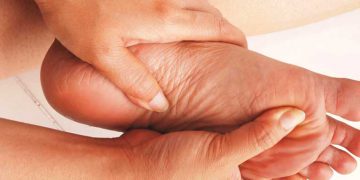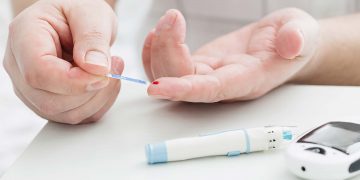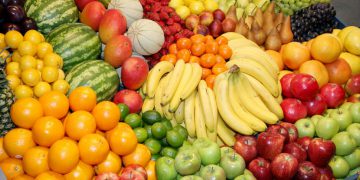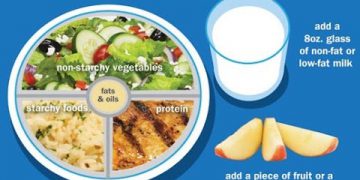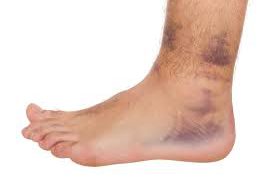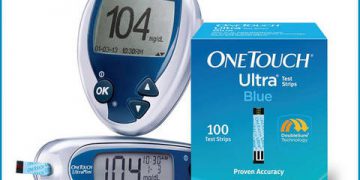The symptoms and signs of hypoglycaemia:
People who suffer from Hypoglycemia may display certain distinctive symptoms. Please remember that every diabetic is different therefore each will display a different combination of the symptoms. The most popular ones are:
- hunger
- shakiness
- nervousness
- sweating
- dizziness
- sleepiness
- confusion
- light-headedness
- difficulty speaking
- anxiety
- weakness
The signs of Hypoglycemia can occur at any time. Don’t be surprised to hear of people having the symptoms during sleep. The typical signs of hypoglycemia that diabetics will experience during sleep include:
- having nightmares or crying out in sleep,
- damp sheets resulting from perspiration during night,
- always feeling tired,
- irritability, or
- loss of orientation or confusion after waking up
What are the causes of Hypoglycemia?
Hyperglycemia tends to affect people who have to use medication to control their diabetes. In these diabetics it can be simply as a result of:
- too small a meals or snacks portion,
- skipping meals,
- delaying the time of meals,
- unplanned increased physical activity, or
- alcohol abuse
What is hypoglycemia?
Hypoglycemia is condition that results from low blood glucose or low blood sugar level. This occurs when blood glucose drops significantly below normal levels. The typical target levels are included in the table below:
| Target Blood Glucose Levels in People | With diabetes | Without diabetes |
| Before meals | 70 to 130 mg/dl | 70 to 99 mg/dL |
| 1 to 2 hours after the start of a meal | Below 180 mg/dl | 70 to 140 mg/dL |
Glucose is an essential source of energy for the body. It is derived from the food we eat especially carbohydrates. Carbohydrates include such foods as rice, potatoes, bread and cereal.
After meals or snack the stomach converts the carbohydrates digested into glucose. This glucose is then transported in the bloodstream where it is carried to the cells in body – to supply them with needed energy. For the cells in the body to use the glucose for energy insulin is needed. Insulin is the hormone made by the pancreas specifically for this purpose.
The great balancing act
There is no fix blood sugar level; instead blood glucose level continually fluctuates within normal levels (if you are not a diabetic). It is always trying to balance out itself. As diabetics, you have to manually try to balance you glucose level within a target range.
If you eat more carbohydrates than what the body needs, for energy, the extra glucose will be stored in the liver and muscles for later use. It is stored in the form of a substance call glycogen. This stored glycogen will be used by the body when it needs a sugar burst or extra energy-example between meals or for waking up in the morning.
If there are excess glucose after liver storage the remainder will be stored in the fat cells. In starvation mode fat cells will be broken down and be used for energy – this is what tends to happen in people suffering from type 1 diabetes.
For the body to use the stored glucose the pancreas will release another hormone called glucagon. The release of glucagon will signal the liver to break down glycogen. The glycogen will then be released it into the bloodstream – this will cause the blood glucose level to rise.
Recommendations to prevent frequent signs of hypoglycemia from appearing
- Eat regular small meals rather than three big meals (eat approximately every 3 hours)
- do at least half hour physically activity daily
- eating a wide variety of foods – including fruits and vegetables
- eating foods high in fibre and nutrients
- limit foods high in sugar and salt (especially empty carbohydrates-cakes)

